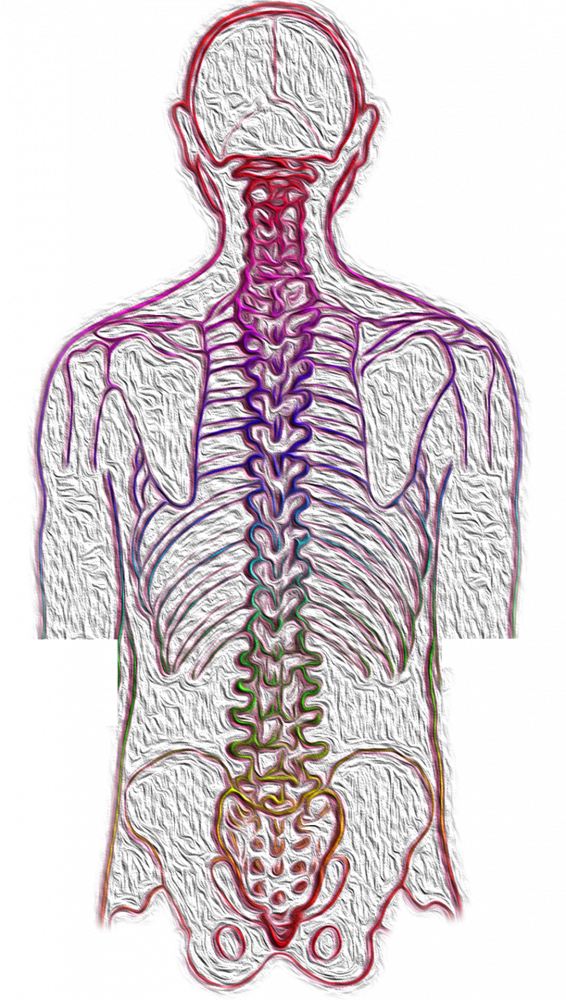When to see an orthopedist?

When to see an orthopedist? Orthopedics is a branch of medicine that deals with the broadly understood movement system and its diseases. A doctor of this specialization, i.e. an orthopedist, is one of the most frequently searched specialists in our country, and the list of diseases that can be reported to this doctor is really long. So when to go to an orthopedist, what diseases does it treat and what does the visit itself look like?
WHAT DOES AN ORTHOPEDIC DOCTOR DO?
An orthopedist is not only a specialist dealing with diseases of the musculoskeletal system but also the prevention of their prevention. Thus, his medical competence covers the entire human skeleton, excluding the skull, the muscular system, ligaments and joints, as well as the related nerves and blood vessels. Therefore, it is a very broad field of medicine that requires a physician to have extensive knowledge of the functioning of the human body. It also very often happens that orthopedists are also traumatologists, which allows them to heal all types of fractures, sprains or sprains surgically.
The orthopedist is also a doctor who deals with prosthetics and problems related to mobility after all types of amputations. This means that people who have undergone amputations or were born without limbs deal with a doctor of this specialization. The orthopedist helps you choose the right prosthesis and gives you tips on how to use the prosthesis in everyday life.
WHEN TO VISIT AN ORTHOPEDIST?
The most common reason why we decide to visit an orthopedic clinic are all types of motor system injuries that I suffer in my everyday life. These are usually fractures, dislocations or sprains. Patients also decide to consult an orthopedist because of various types of pains in the spine or joints. However, these are not the only conditions that should be discussed with the orthopedist. Even the smallest disturbing problems with joint mobility may become a serious problem in the future, so it is worth consulting them and checking their cause.
When it comes to a pediatric orthopedist, it is worth visiting him right after the birth of a child to check whether the structure of individual systems in the toddler’s body is correct, which will allow for early detection of all kinds of congenital posture defects, and then allow for their quick correction.
An orthopedist is also a doctor who will help us take care of the proper condition of the osteoarticular system when I entered old age. Thanks to the advice of this specialist and specially designed exercises, you can noticeably increase the mobility of joints, which can really annoy with age and cause significant health problems.
HOW IS THE VISIT GOING AND HOW TO PREPARE FOR IT?
The most important element of the first visit is an in-depth medical interview. The orthopedist must get to know our ailments and the history of injuries that we have suffered throughout our lives, so before the visit, it is worth writing down all this information. If we go to an appointment because of pain in a specific place, it is worth trying to take an X-ray of that place beforehand and even to perform a CRP test, which can help indicate the presence of inflammation in our body.
The next stage of the visit is to check the mobility of the joints and their location. A good orthopedist should thoroughly check the mobility of all major joints of the body and assess the condition of the spine. Unfortunately, it often happens that the first visit is only an introduction to the next ones, because the orthopedic surgeon is often unable to make a specific diagnosis without ordering further tests, such as ultrasound, computed tomography, X-ray and magnetic resonance imaging. Every good and responsible orthopedist will make a diagnosis only when he knows our case from every possible angle and is fully convinced of the rightness of the treatment, so in the case of this specialization one should be patient and be prepared to make several visits.
Unfortunately, if we want to visit an orthopedist under the National Health Fund, we must go to the family doctor for an appropriate referral to an orthopedic clinic. Such consultation will be free, but deadlines may be significantly delayed. If we do not want to or cannot wait, it is worth looking for online opinions about orthopedic doctors in private clinics and make an appointment. Of course, such consultation will be payable but it is up to us to decide whether it is worth waiting, or whether the problem is too complicated and requires immediate advice.






